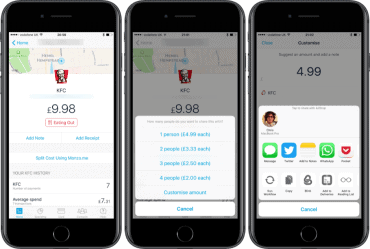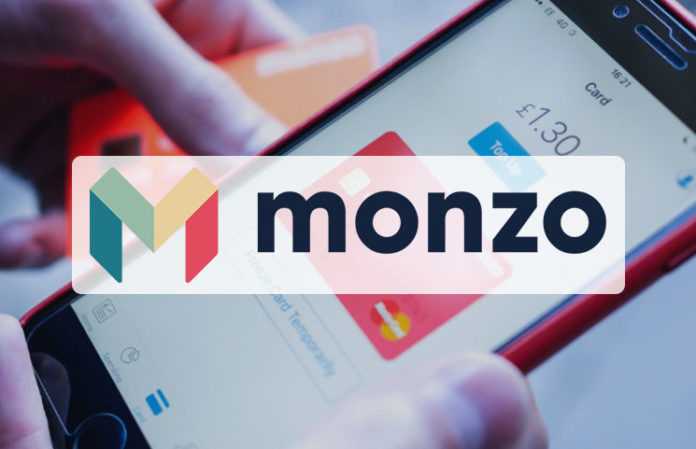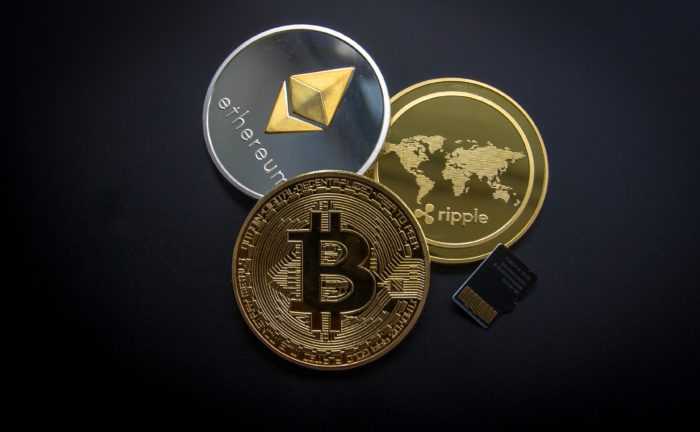2 min read

Germans are very dedicated to savings. That is kind of national habit, they are taught to save money and spend a very careful. Savings are planned from their childhoods.
The European Central Bank could ruin that habit. Thanks to its negative interest rates it looks it makes jokes with German’s national passion.
Germany’s Finance Minister Olaf Scholz stated he would reconsider the possibility to stop German banks from charging clients for deposits.
Negative rates indicate that deposits decrease over time rather than progress. So, it is bad for savers. If negative rates were introduced at the German banks, clients might withdraw their savings and keep it on some other places or invest in something different.
Is this the point of negative interest rates?
Lenders in Germany anyway rejected before the official proposal to stop the new charging. They stated the clients would have no benefit from limitations. Moreover, it could escalate in financial markets to balance the punch on profits.
The problem is more complex in the light of regional elections that has to be held next month.
A the same time, Germany tends to invest in record accounts. It has retail deposits of 2.35 trillion euros. There is no other country in the Eurozone with similar deposits. The Germans save more on their income than most Europeans. The reason is clear, Germany’s savings rate was about 10% two years ago which is almost double the European average. The stats came from Deutsche Bank AG. Germans hold more than 40% of their financial assets in the bank deposits last year.
Not everyone is supporting the idea against negative interest rates. “Prohibiting negative rates can be attractive to savings, but then we also have to think about how we can support a not-for-profit but bank-related system,” said Ingrid Arndt-Brauer, a lawmaker for the Social Democratic Party, Angela Merkel’s coalition partner, to Bloomberg.
The European Central Bank also is considering steps to reduce the weight of negative rates on banks.

Maybe the bigger problems have lenders. The euro-area banks have to pay almost 7 billion euros to deposit reserves with their central bank. At the same time, their profit from lending has gone.
Negative rates will not help them. This situation made the share prices of many lenders to hit lows. So, lenders left Deutsche Bank and Commerzbank AG eluding declining earnings and narrowing earnings. But they are doing the same to retail clients. In Germany, the issue exploded. Bavarian Premier Markus Soeder called for a ban on deposits of up to 100,000 euros.
Some of the German retail banks have charged clients for holding up to 100,000 euros in deposit accounts.
“These suggestions show how far the undesirable side effects of ECB’s negative rates are expanding,” Germany’s banking lobby announced in a statement, pointing the deposit rate of the central bank decreased by 0.4%. But, banks cannot neglect the market as a whole when determining their positions, even if rates fall below zero, said this banking lobby.
The German political establishment had criticized the central policy ECB for a long time. The tensions among them increasing year after year. Any action to restrict banks’ decisions to deal with negative rates would set off them.
Also, there is some level of doubts is it possible Soeder’s proposal to be implemented.
Anyway, negative interest rates cause a lot of doubts and fear everywhere.









